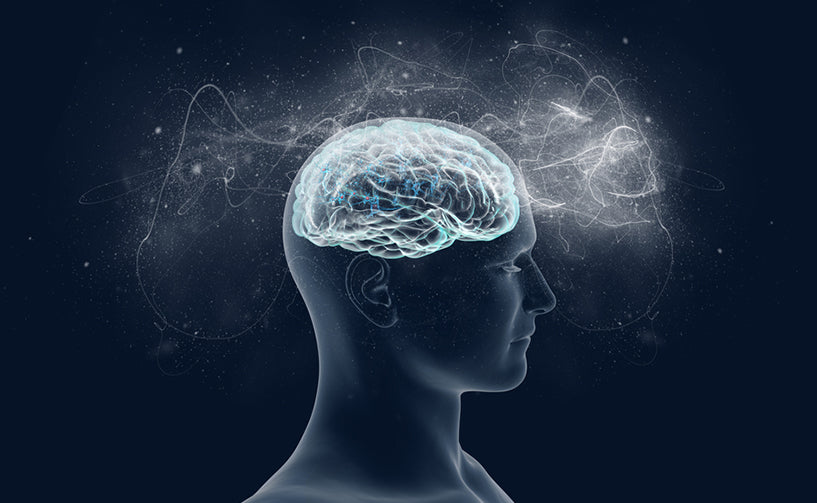Parkinson’s disease is a disorder related to the neuron that affects dopamine, a neurotransmitter producing neurons in the brain known as substantia nigra. Thus, it is a neurodegenerative disease and there is continuous low level of dopamine due to the impaired or abnormal functioning of certain neurons.
The main function of dopamine is to control movement. Symptoms develop slowly in a progressive way and may take years. Impaired balance, rigidity in the muscles and limbs, stooped gait or posture, writing and speech changes, tremors and slow movement or Bradykinesia are some of the major symptoms of Parkinson’s. It is not a fatal disease but there is no complete cure except some medication and surgery. Symptoms of Parkinson’s typically appear after the age of 50-60 and often the first symptom that gets noticed is tremors which causes shaking when a person is awake and still.
Early diagnosis and tailored treatment can slow down the progression of Parkinson’s Disease. Certain factors that increase the risk associated with it are: age, gender, exposure to environmental toxins and genetics.
Parkinson’s disease may cause some additional health complications, these are mainly: depression, insomnia, swallowing difficulty, bladder problem and dementia (forgetfulness).
Do’s
- Keep a positive attitude
- Take help of a walker or walking stick
- Be socially active
- Ensure your friends and family know about your condition in case of an emergency
- Do physical therapy
- Eat healthy food and include legumes, lean protein, fruits and vegetables
- Use natural, plant-based supplements that are good for the nerves
Don’ts
- Don’t eat unhealthy foods and processed meat
- Avoid sudden movement
- Don’t bend forward while walking
- Do not take part in complicated daily activities






